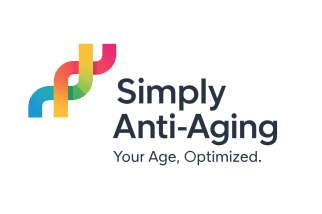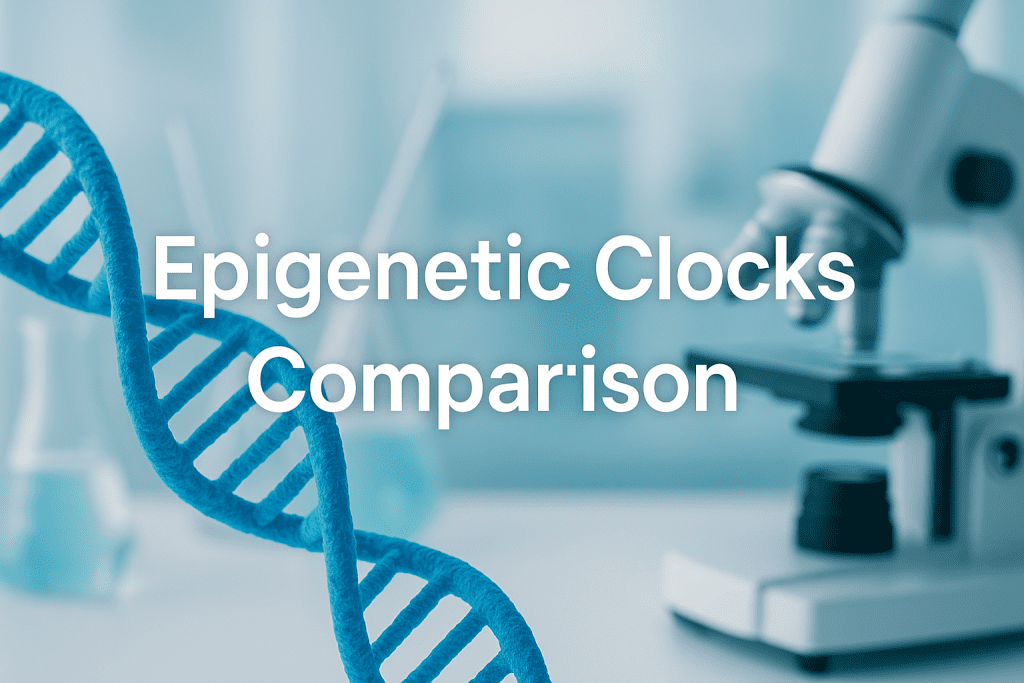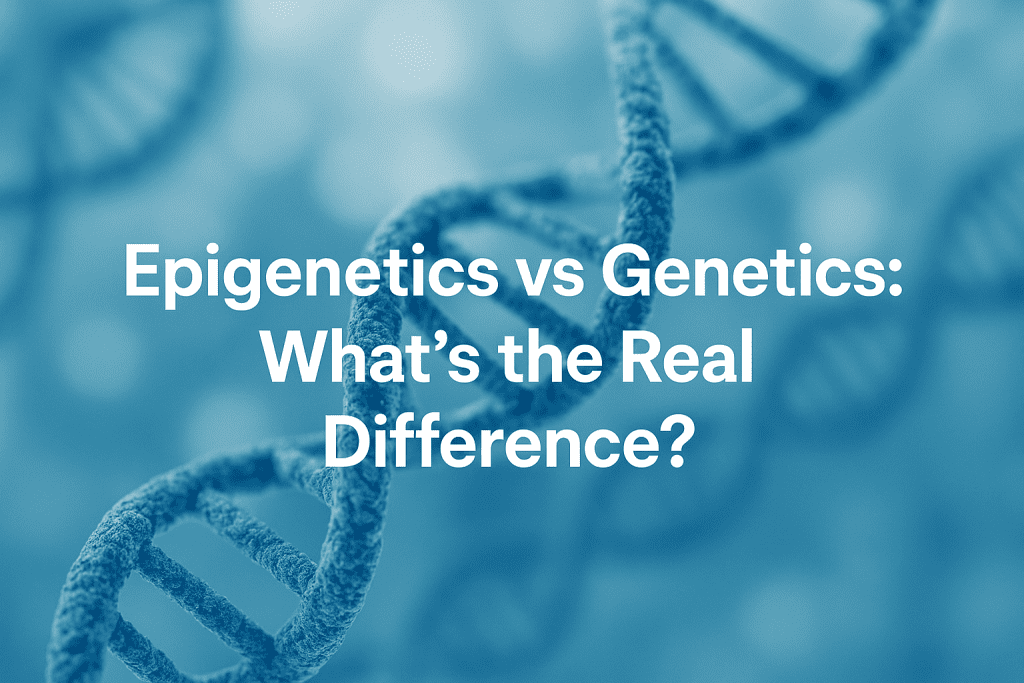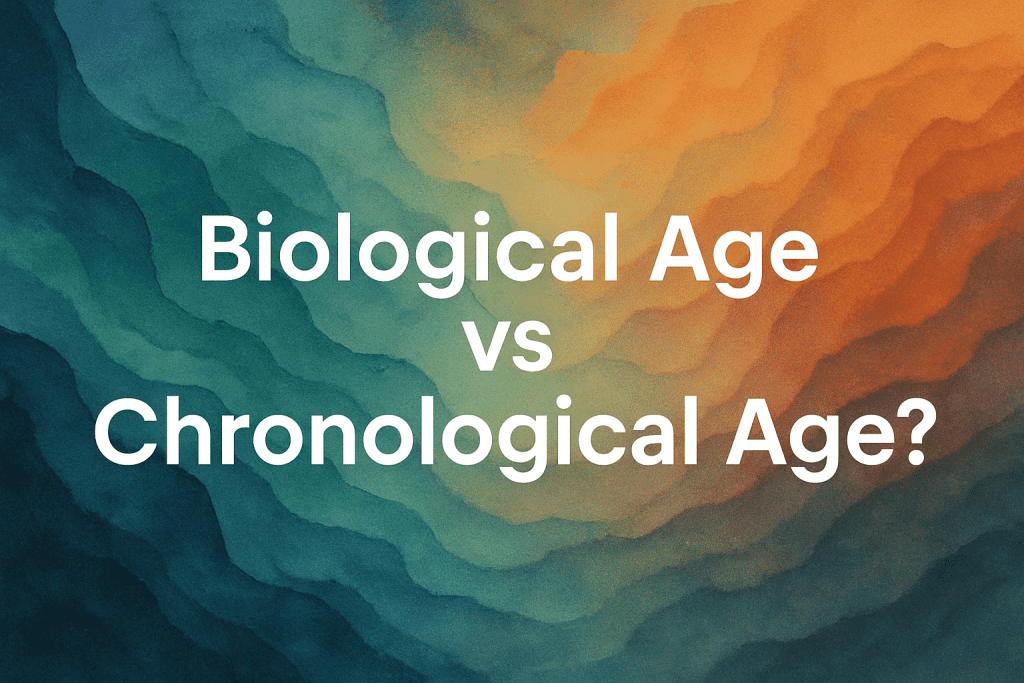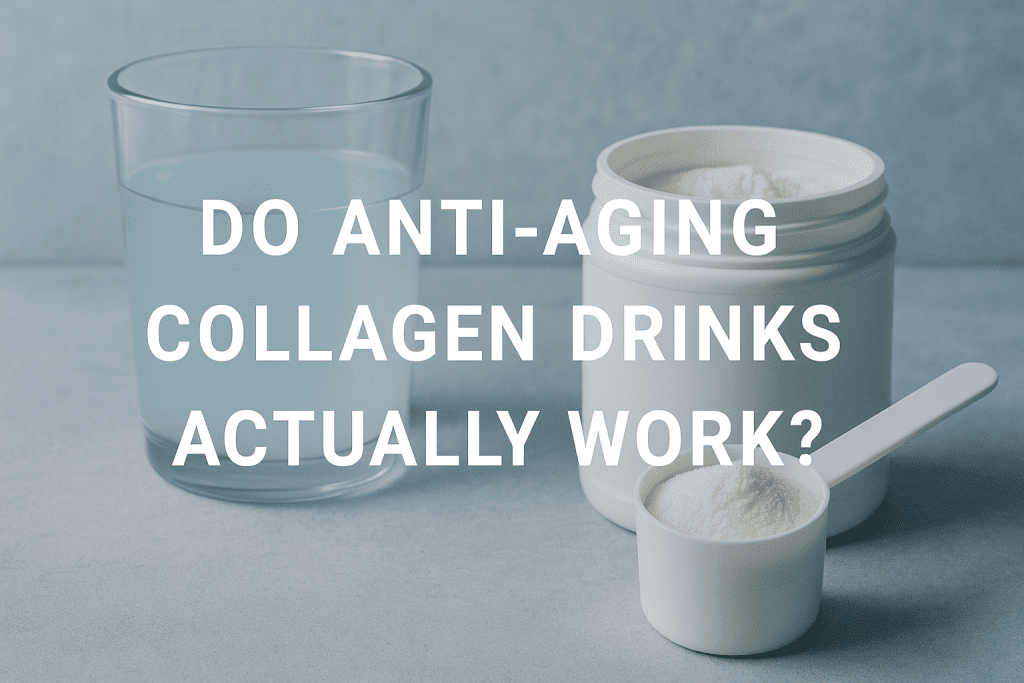
🧬 Why Collagen Is So Tied to Aging
Collagen is the main structural protein in your body. It holds together your skin, joints, bones, and connective tissue. But after your mid-20s, your collagen levels start to drop, by about 1% per year.
That’s when skin begins to lose firmness, joints get stiffer, and signs of aging show up more clearly.
Anti-aging collagen drinks promise to reverse this by giving your body what it’s missing.
But does it really work that way?
🔍 What the Research Actually Shows
Collagen drinks have gained popularity for a reason: several well-designed studies show they can make a difference.
In a 2019 clinical trial, women who consumed hydrolyzed collagen peptides daily for 12 weeks saw significant improvements in skin elasticity, hydration, and density compared to a placebo group (Study: NIH, 2019).
Another study in 2023 found that oral collagen improved dermal collagen density, a direct measure of its ability to support skin structure (Study: NIH, 2023).
These effects weren’t dramatic, but they were real.
💡 The key: most people only saw results after consistent daily use for 8–12 weeks, and effects were most noticeable in people 35+.
💧 How Collagen Drinks Work (and When They Don’t)
Collagen is a large protein, too big to be absorbed whole. That’s why most drinks contain hydrolyzed collagen peptides, broken-down forms your body can actually use.
But not every product gets this right.
Here’s what makes a difference:
- Dose: Aim for 5g to 10g of hydrolyzed collagen per day
- Type: Type I and III are most useful for skin, bones, and tendons
- Support nutrients: Vitamin C, zinc, and copper improve collagen synthesis
- Low sugar: Excess sugar promotes glycation, which breaks down collagen
Some drinks barely contain enough collagen to matter. Others rely on sweeteners, flavorings, and vague “proprietary blends” with no dosage transparency.
So if you’re choosing one, it helps to read past the label.
🧪 One Option That Gets the Science Right
If you’re looking for a collagen product built around bioavailability, amino acid profile, and formulation transparency, one lesser-known option stands out.
It’s offered by a research-first health organization, DoNotAge.org, known more for its aging biomarkers and longevity tools than flashy supplements.
Their hydrolyzed collagen is:
- Sourced from 100% grass-fed bovine
- Enzymatically broken down for superior absorption
- Pure Type I & III collagen (no sweeteners or additives)
- Designed to support joint function, skin resilience, and structural repair
It’s the kind of formulation that appeals to people tracking real change over time — not just looking for flavor.
You can see it here: Hydrolyzed Collagen Peptides
🧬 Collagen and Biological Age: Any Connection?
Improved skin or joints can make you feel younger. But that’s not the same as slowing biological aging.
Biological age is measured using molecular markers, like DNA methylation, inflammation, and glycan patterns. These give you a picture of how your body is really aging on the inside.
Some nutrients, including collagen peptides, may contribute indirectly to healthier biomarkers. But if you’re curious about real change, the best way to measure it is through a biological age test.
Many of these can now be done at home using a simple blood or saliva kit. You get a cellular-level picture of your aging speed , not just what’s happening on the surface.
Want to see how your daily habits are impacting your long-term health? A biological age test is a great starting point. Compare the top-rated test kits here.
⚖️ Powder, Capsule, or Drink: What’s Best?
The form doesn’t matter as much as the content.
Powders are cost-effective and let you mix into smoothies or coffee.
Capsules are convenient but usually low-dose.
Drinks are pre-dosed and sometimes include helpful co-nutrients — but can be more expensive.
Whichever you choose, consistency is key. Stick with it for at least 2–3 months before judging results.
🔄 How to Know If It’s Actually Working
Here’s how to track progress realistically:
- Take a photo of your face or hands every few weeks in the same lighting
- Note changes in joint discomfort or flexibility
- Monitor skin hydration (especially in dry seasons)
- Consider tracking inflammation or methylation via biological age testing
And remember: no collagen drink will undo poor sleep, a high-sugar diet, or chronic stress.
Use it as part of a full routine, not as a shortcut.
Do anti‑aging collagen drinks really improve skin elasticity and hydration?
Yes—several randomized controlled trials and meta‑analyses show that daily oral hydrolyzed collagen peptids for 8–12 weeks significantly enhance skin elasticity, hydration, and reduce wrinkle depth compared to placebo.
What type and dosage of collagen are best for visible results?
Studies suggest Type I and III collagen peptides, at doses around 2.5–10 g/day, are effective. Low‑molecular-weight variants (under ~4 kDa) seem particularly well‑absorbed, producing noticeable effects on skin appearance within 6–12 weeks.
Can collagen drinks help with joint or bone health?
Yes, evidence supports collagen’s benefit beyond skin. Some trials report decreased joint stiffness and mild improvement in osteoporosis markers. For example, taking 5 g/day of collagen for a year was associated with increased bone density in post‑menopausal women.
Are there any side effects or risks from collagen supplementation?
Collagen supplements are generally well‑tolerated with minimal adverse effects. Rare reactions include mild bloating or digestive discomfort. However, product quality varies, some may contain allergens (e.g., fish-derived), heavy metals, or added sugars, so choosing independently tested, transparent brands is advised.
How long should I take collagen to see results?
Most studies report visible benefits (like smoother skin or less joint stiffness) after 8–12 weeks of consistent daily use. Some types may show early hydration improvement in 4–6 weeks, but full effects typically require at least three months.
